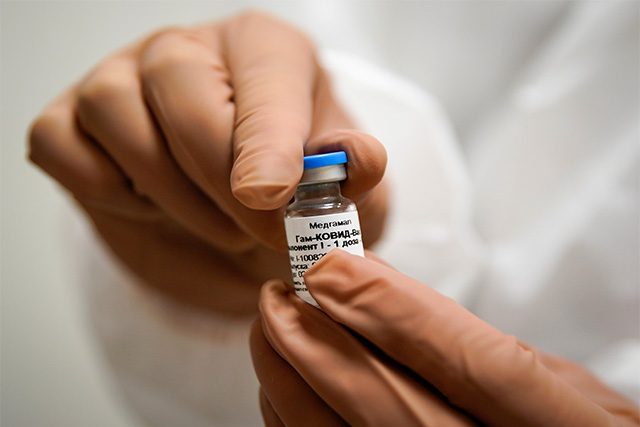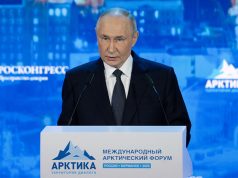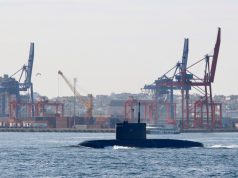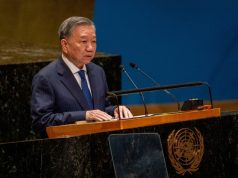
Filipinos who have not yet received their second dose of Gamaleya’s COVID-19 vaccine Sputnik V would have to wait longer.
Some local government units across the country have postponed their COVID-19 vaccination for the Russian brand until further notice, citing a shortage of supply.
LGUs in Metro Manila and surrounding and far-flung provinces have each issued an advisory on social media this week about pending orders of Sputnik vials from the national government.
Similar to Sinovac’s CoronaVac and AstraZeneca, Sputnik also requires to be administered in two scheduled doses for its full protection capabilities to take effect.
Based on their advisories, there seems to be no word yet on the next batch of the Sputnik V doses.
Similarly, the National Task Force against COVID-19 and other related government agencies have yet to issue updates about the shortage of Sputnik vaccines.
It was last July 10 when the Philippines received 132,200 doses of the Russian-made product comprising 82,200 of component I and 50,000 of component II.
This batch was already a delayed shipment. Around 50,000 doses of Sputnik vaccines were supposed to arrive last June.
Vaccine czar Carlito Galvez Jr., also chief implementer of the NTF-COVID-19, said that 40% to 50% would be allocated for the National Capital Region plus 8 (NCR + 8).
The rest will be distributed other cities with readily available cold-chain facilities, particularly in regions 1 (Ilocos), 2 (Cagayan Valley), 3 (Central Luzon), and 4-A (Calabarzon).
Sputnik was found to have 90% efficacy rate against COVID-19 and a 79.4% efficacy rate against the more transmissible Delta variant.
Production woes
The shortage of the Russian-made vaccine is felt in other parts of the world where the Russian Direct Investment Fund (RDIF), which is financing its production, had committed deliveries to.
Last June, the Guatemalan government sought a partial refund from the RFID after only 150,000 of the 8 million doses agreed upon had arrived in the country.
Argentina and Mexico have also reported shortfalls from receiving their Sputnik doses.
In an article by Russian-based The Moscow Times, an independent publication, Russian pharmaceutical manufacturers have struggled to meet their pledged Sputnik doses even for their own residents.
Some Russian experts cited the complex makeup of their flagship brand as the reason for the deficit in production.
“The issue with that is you have to have two different factories or at least two separate sections to manufacture the two doses,” Vikram Punia, founder of Pharmasyntez, was quoted as saying in the report.
“So there’s a very big problem of cross-contamination — and if you get cross-contamination you’ll have really big issues. This is a big problem in the case of Sputnik V,” he added.
Amid these problems, Russia’s Gamaleya proceeded to apply for emergency use authorization from the country’s Food and Drug Administration of a single-dose version of the vaccine.








